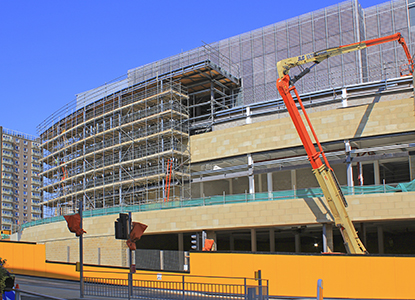By Richard Johnstone | 7 February 2014
The government’s part-localisation of business rates to councils has been ‘ill-designed’ as the plan to reset the system by 2020 means growth incentives will soon diminish, the Institute for Fiscal Studies has warned.

Analysing the reform to local government finance, which from last April allowed town halls to retain half of the growth in rates, the IFS said the retention system had been hampered by the desire to equalise resources across councils.
Under the scheme, which is intended to give councils an incentive to approve developments and boost the local economy, local authorities retain up to 50% of the business rate growth until 2020. At this point the localisation system – which was established with a series of tariffs and top-ups of rates to ensure each authority had a fair starting point – will be reset.
This means the revenue increase retained by each authority could be pooled centrally and then redistributed at the start of a new ten-year period.
In its Green Budget, the IFS said the principle of localisation made sense as authorities were the key decision makers over the granting of planning permission.
However, the report stated the incentive had been reduced as a result of the way the system has been designed – in particular the fact that revenue from growing business rates could be removed from authorities at each reset period.
This has given authorities a reason to approve developments early in each period, while also introducing an incentive to delay agreeing projects towards the end, the report warned.
‘One facet… that is particularly ill-designed is the length of time for which local authorities are able to retain revenues. Indeed, by 2019 local authorities will have a clear incentive to delay new property developments for a year, so that they get to keep the resulting revenues for 10 years rather than just one,’ the IFS stated.
‘In light of the perverse incentives created, it will be interesting to see whether the policy is revised as 2020 approaches.
‘It would make far more sense for local authorities to keep a fraction of the revenue from new developments for a given number of years – five or ten, say – rather than until a given calendar date.’




















